The trial of Abdullah Ibhais and the labour abuses behind Qatar 2022
Was he sentenced to five years in prison on trumped-up charges because he was defending migrant workers in Qatar? And was all this orchestrated by the organisation responsible for the 2022 World Cup? Havard Melnæs reports
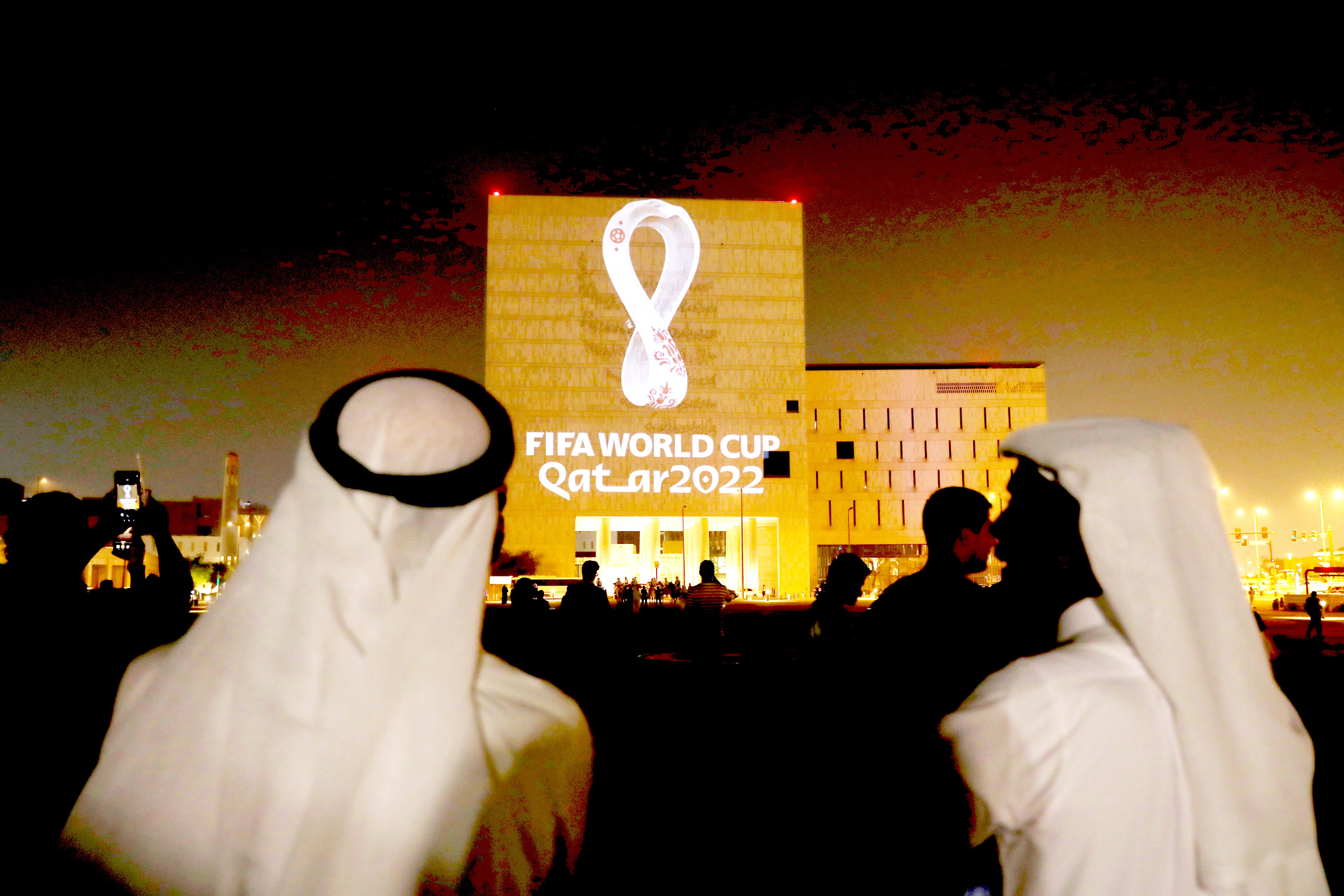
On Sunday afternoon of 4 August 2019 there was a real sense of urgency at the Al Bidda tower offices of the Supreme Committee of Delivery and Legacy in West Bay, Doha. Approximately 5,000 migrant workers who hadn’t received their salaries for months were striking in the Al Shahaniya district, 40km north-east of the capital, where several labour camps with dire conditions are located. Inside the Supreme Committee (SC), which is in charge of the World Cup that will take place in November and December in Qatar next year, Secretary General Hassan Al Thawadi and Mahmoud Qutub, executive director of the SC’s workers welfare programme, were busy discussing with senior media people how to handle their response on the striking migrant workers on a WhatsApp group named Crisis Comms.
The communication and the events that followed it – uncovered for the first time here – will confirm the suspicions of many that the primary purpose of Qatar’s World Cup organisers has been to protect the country’s reputation, no matter the cost to the migrant workers building the tournament or anyone who stands up for their rights.
Just before 4pm on that day, Mahmoud Qutub first wrote that: “Workers from Iskan protested. No SC workers were part of this protest.”
An hour later a member of the Crisis Comms group informed them that short snippets of the striking migrant workers at Al Shahaniya had appeared on Twitter and that the news of the incident had been picked up by the news outlet Al Ain Extra. It suggested that Fifa World Cup workers were taking a stand and rioting. Three minutes later the World Cup boss Hassan Al Thawadi posted:
“We need to get our social media people to clarify that it’s not 2022 related.”
But it was 2022 related, although it took the interjection of media manager Abdullah Ibhais to make this absolutely clear. Ibhais, a Jordanian citizen of Palestinian descent, wrote to the Crisis Comms group: “Some of them are still not yet paid, and another group are still to receive July wages. For me at least this is not solid enough.”
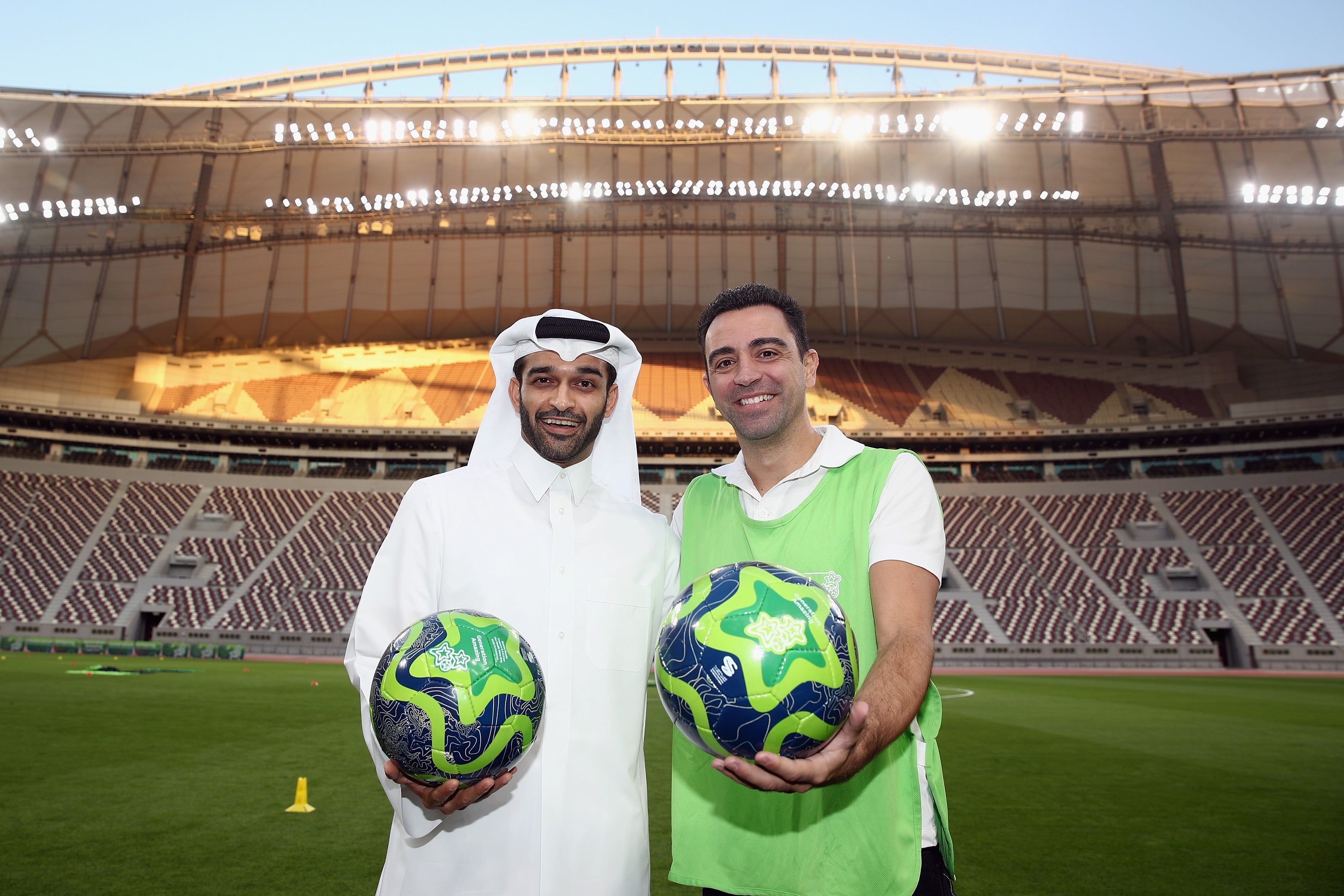
‘Put a spin on it’
At this point Hassan Al Thawadi leaves a voicemail to the Crisis Comms group at the SC. In the message he’s frustrated with the fact that the SC can’t issue a statement confirming that World Cup workers were not part of the strike.
“... if what’s outstanding is a month’s payment, comms and workers welfare, sit down, come up with a narrative to clarify and explain on how we address this situation, to clarify and explain we have taken steps beyond any other institution, any other organisations to ensure speedy payments for workers. That needs to be clarified, figure it out, if it’s a delay of a month, then put a narrative on it, put a spin on it, if we have to sit down and use the word.
I believe regardless of whether SC workers participated, the fact remains that we have workers that have not received June and July salaries
“Give me a strategy or give me an explanation. I do not appreciate having to sit down, continuously trying to figure out what exactly is and exactly what isn’t going on factually, one, and two, how to address the situation, rather than sitting down and receiving criticism or receiving associations to other organisations.
“So for worker’s welfare and communications, I’m coming in tomorrow.”
One and a half hours later a senior SC official proposed issuing a statement saying that “SC workers engaged on 2022 World Cup projects were not part of today’s protests regarding delayed payment of wages”.
A little past 8pm a colleague of Abdullah Ibhais demurred, on the basis that they had both been to the strike site and spoken to the desperate workers, many of them starving because they hadn’t been paid wages for several months. The unpaid salaries also led to the suffering of their families back in their home country.
“They are saying they have no food on a daily basis, they do not have their IDs, they are not given any leave and those who ask for leave are kept for four months without payment before getting cancelled. They say when they did a strike four weeks ago, the police came and forced them to go to work without payment.”
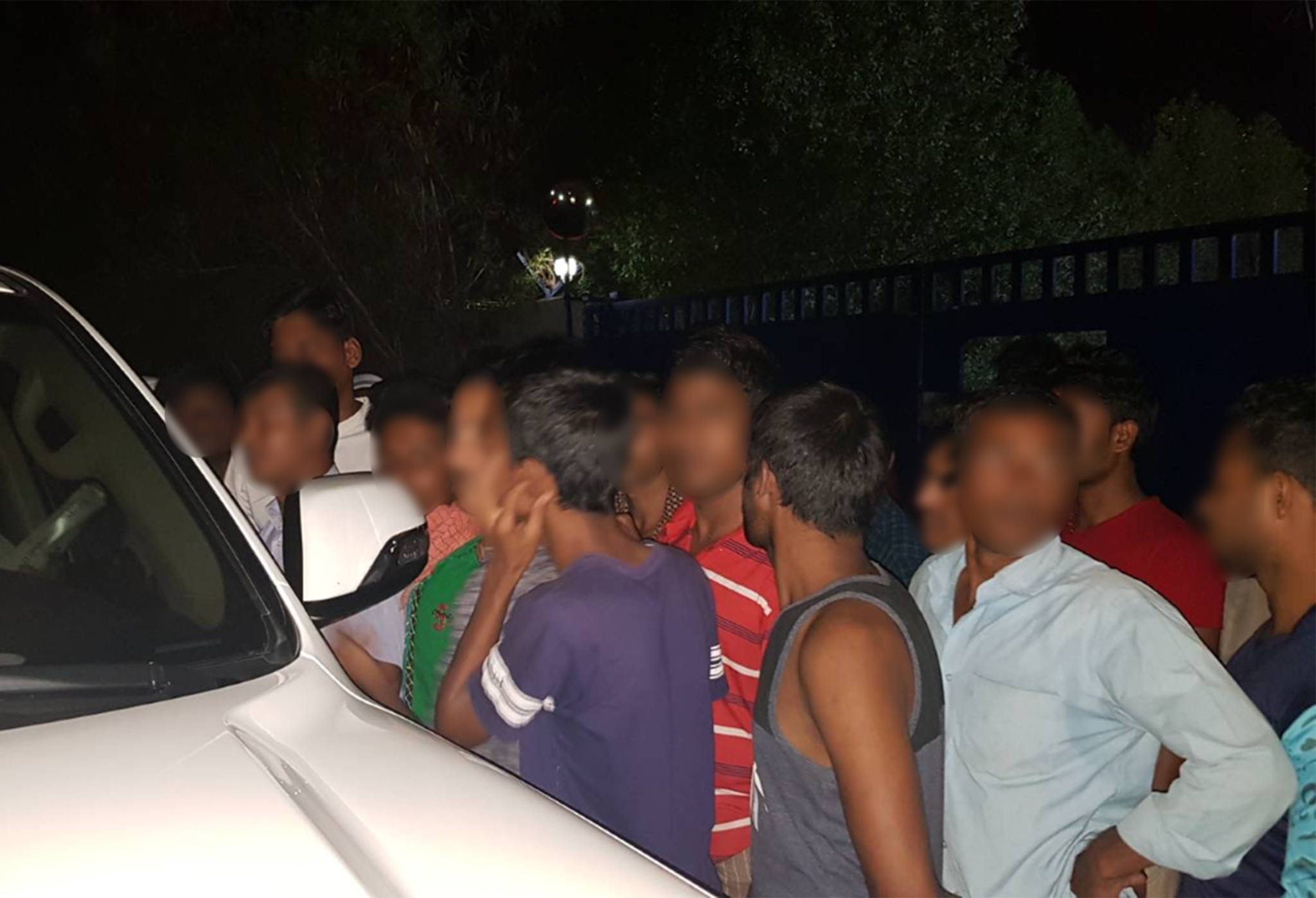
Ibhais’ colleague posted videos of interviews they had conducted with some of the striking workers.
“We have met workers from the QF site [Education City stadium], who say they have not been paid for four months and that Iskan was sacked from the site but no one has paid them, they are a total of 125 who worked at Qatar stadium. We met 12 of them but only two agreed to go on camera. We also met workers from Al Bayt and so far the only communication with them was from the police promising two months payment, but they said they have not received salaries for four months now.”
He added that he would contact a Qatari charity to help the men that hadn’t been paid for months, had lived without their IDs and had no medical insurance. Ibhais again argued against a public denial at the Crisis Comms group.
“Based on what we saw today and from my point of view, we are not in a position to brief social media and media yet. But it’s your call Hassan Al Thawadi.”
At this point the SC’s director of digital media, Khalid Al Naama, enters the heated discussion:
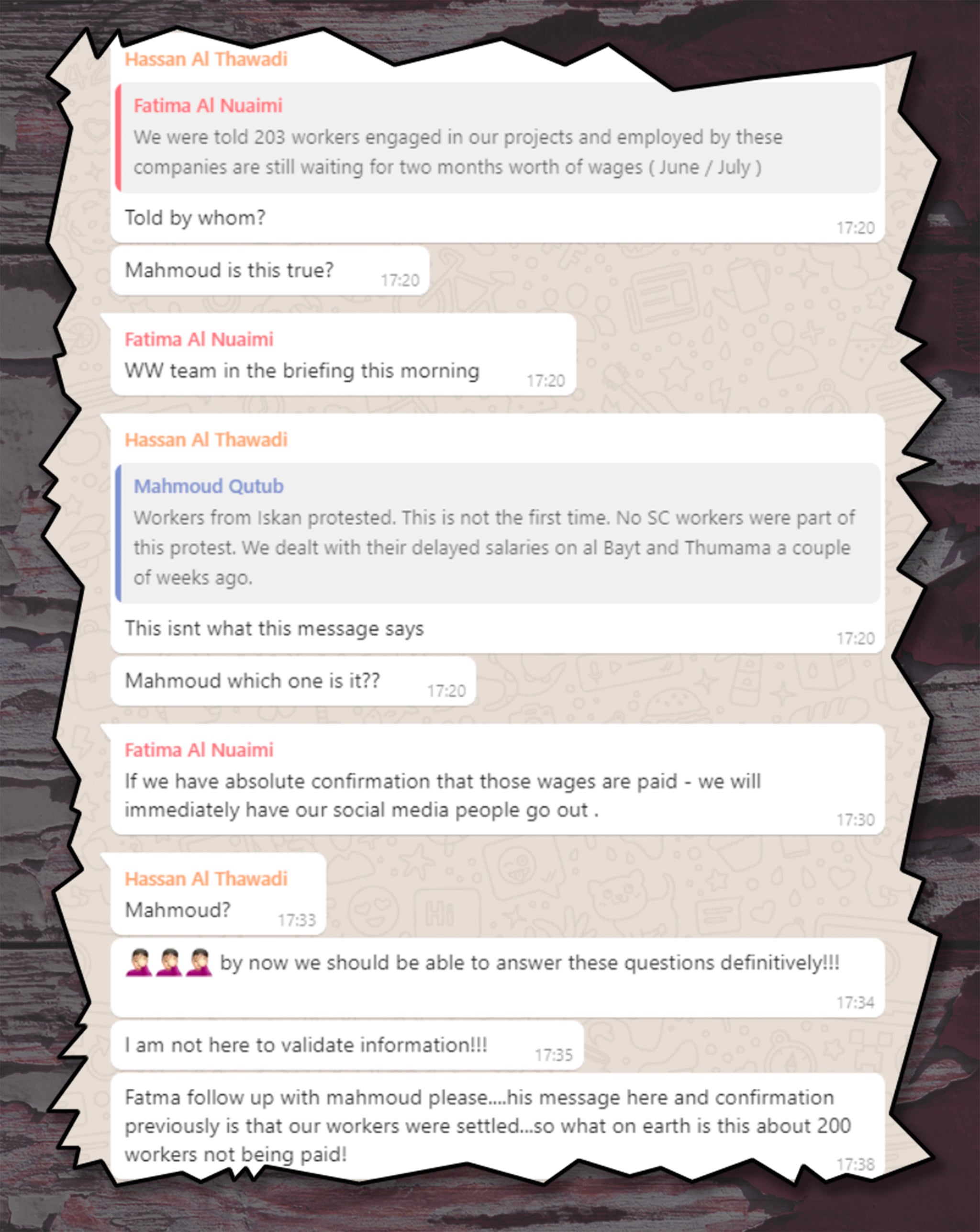
“I believe regardless of whether or not SC workers participated, the fact remains that we have workers that have not received June and July salaries. Any spin we try to put on the delay will risk the State reputation because it would be an admission from us that there is indeed an issue with payments – in fact so bad that we have to pay the workers directly and in cash – because the wage protection system and electronic records failed them.
“It makes us look really bad that all these reforms we’ve been talking about ‘accelerating as a result of the World Cup’ still cannot fix issues. Only response I see making things better is saying it’s been resolved. Nothing else we say will do anything except cause more damage.”
Abdullah Ibhais continued to argue against the issuance of any false or misleading statement and cautioned explicitly against any attempt to use the workers’ recent removal from stadium construction as the bases for any denial:
“Our workers were part of the strike and we met them, (workers who worked on our stadiums until a month ago), we can’t say that there were no SC workers striking.”
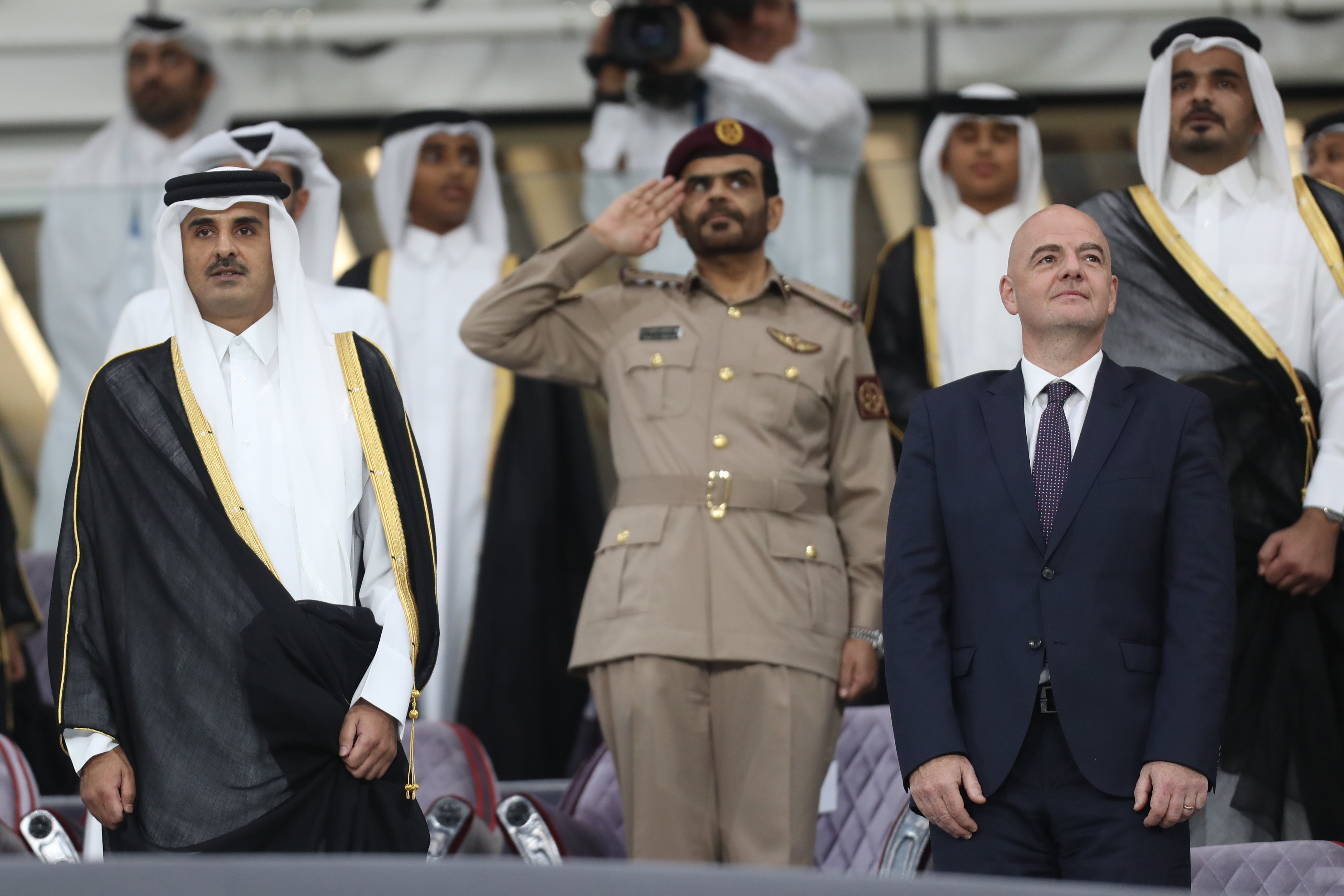
At 10:24pm workers welfare executive director Mahmoud Qutub admitted that the Workers Protection System was not functioning the way it was supposed to: “Update: Iskan finance uploaded the payroll up until the 30 June 2019 in WPS [Workers Protection System] for all the affected non-SC workers. WPS did not block them despite the fact the company is under a block by the ministry.”
Iskan was established in 2005 and operates in the construction business. It’s owned by Sheikh Hamad Bin Suhaim Al Thani, the Emir’s father in law.
At the same time as the back and forth on how to handle the situation in the Crisis Comms group on WhatsApp, media manager Ibhais was discussing the same issue with his superior, Fatima Al Nuaimi, executive director of communications.
“Abdullah. Now what can we do? With social media. In case they’re not paid. How can we fix it from PR, Abdullah?!”
Ibhais replies: “We can’t. We can say it will be addressed and then issue a statement when it is sorted and brief influencers accordingly. This is the second strike for Iskan workers this year. How come it was not addressed the first time Iskan workers had a strike?”
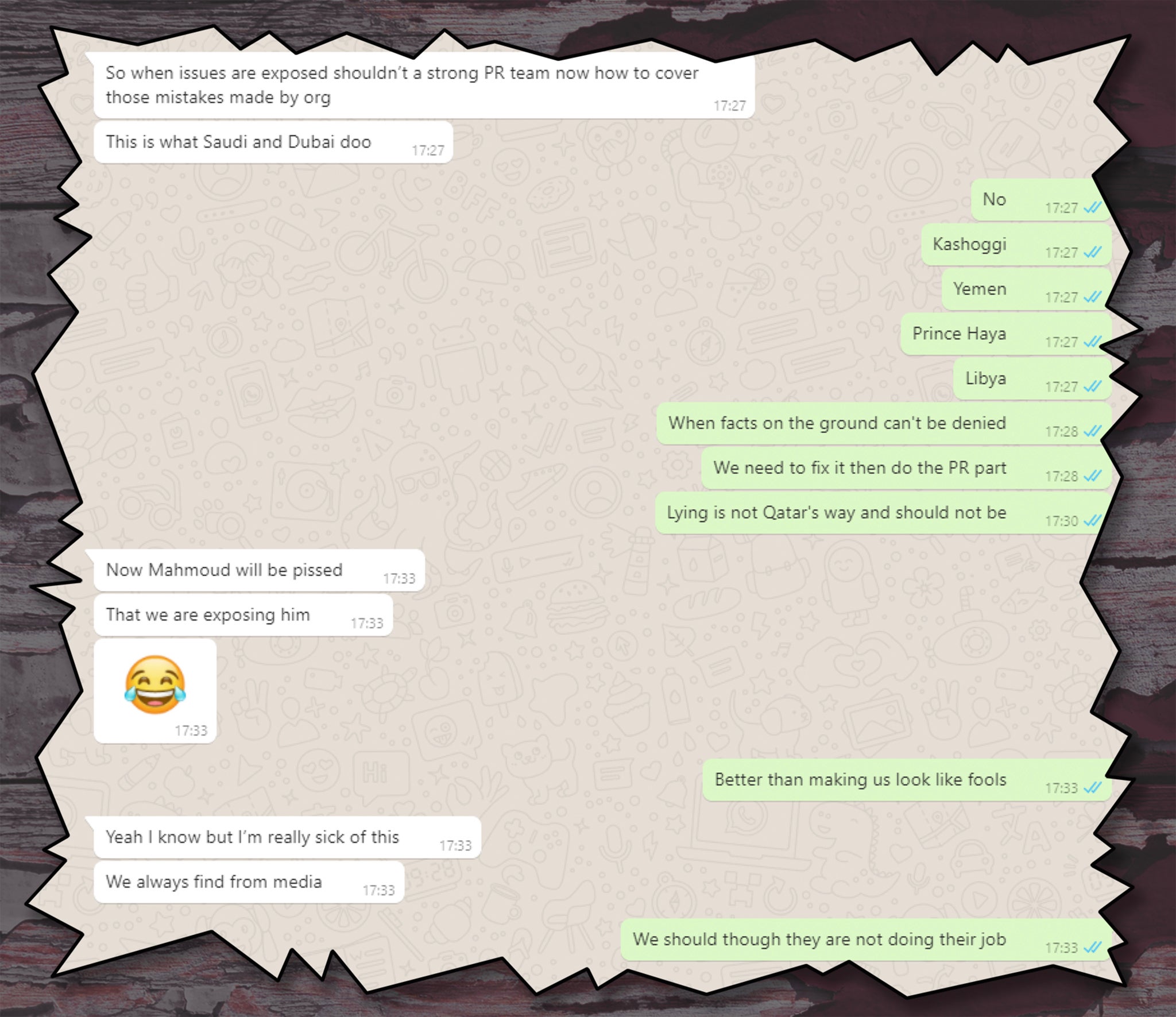
Fatima Al Nuaimi: “So when issues are exposed, a strong PR team knows how to cover those mistakes made by org. This is what Saudi and Dubai do.”
Abdullah Ibhais: “No. Khashoggi. Yemen. Princess Haya. Libya. When facts on the ground can’t be denied. We need to fix it then do the PR part. Lying is not Qatar’s way and should not be.”
Fatima Al Nuaimi: “Now Mahmoud will be pissed. That we are exposing him.”
She noted, with a LOL face emoji, that his interventions would have angered the colleagues whose information he had challenged and disproven.
What I am saying is that we don’t speak to our workers, we don’t even consider them in the process, regardless of the company’s liquidity issues, there are workers who don’t have food or water
The two of them continued to discuss the best cause of action in English. After an hour they switch their dialogue to Arabic, with some exchanges in English.
Abdullah Ibhais: “We have a response, but not when there is an actual delay. This is not our job (to cover things up).”
Fatima Al Nuaimi: “That’s why he [Hassan Al Thawadi] said to ‘spin’.”
Abdullah Ibhais: “What spin. Lie. Cover up. Exploitation.”
In Arabic Abdullah Ibhais expresses his worries for the migrant workers:
“What I am saying is that we don’t speak to our workers, we don’t even consider them in the process, regardless of the company’s liquidity issues, there are workers who don’t have food or water. Fatima, what are we doing? Honestly I don’t know what we are doing. Hassan talks and talks and talks and now I am not even convinced we are on the good side. I am convinced now that we are part of the problem, we are trying to clear our name and fix the reputation issues without seeing real change on the ground and this is the worst thing that can happen. Are we really part of a plot to cover up for workers’ exploitation?”
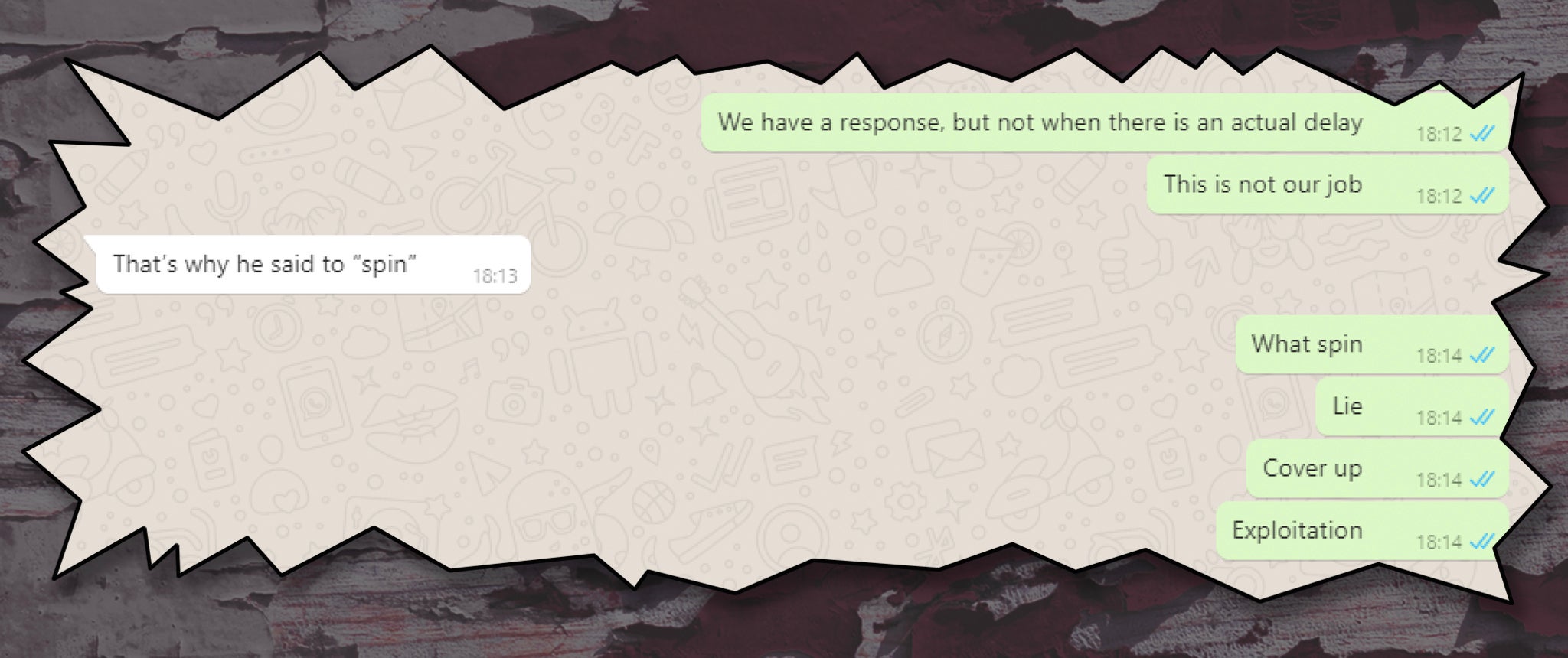
After the discussions regarding how to handle the communication about the striking workers, Ibhais says he was quickly marginalised within the Supreme Committee. He was no longer invited to the types of high-level meetings and events that used to be.
‘You don’t get to ask for a lawyer here’
On the morning of 12 November 2019, Ibhais was called to a meeting by the SC’s human resources director. Upon entering the room, he was met by six police officers wearing Qatari thobes. Ibhais asked for their identity and the purpose of the meeting. A police officer from Qatar’s Criminal Investigation Department (CID), said: “You will know in due time.” Ibhais was then escorted out of the Al Bidda tower where he had worked for the last five years, the last two of them as a media manager following a promotion, and put in a black SUV with tinted windows. The next stop would be the CID offices in Duhail.
He was handcuffed and placed in an interrogation room. A police officer in uniform informed him that his detention was related to an internal tender investigation at the SC. The police officer asked him to hand over his phone, but Ibhais refused. He was then escorted to another room where three CID officers in Qatari thobes awaited him. At this point Ibhais asked for a lawyer.
“We’ll break his leg [the lawyer’s] before he enters this facility,” replied one of the officers.
“You don’t get to ask for a lawyer here,” said another.
“I got very frightened. I felt like I was having a panic attack. I just wanted to see my family,” Ibhais tells Josimar.
He has a wife and two sons aged two and five. One of the CID officers went on to say: “Either you sign a confession here or we will send you to state security where they know how to get a confession out of you”. Another CID officer added that: “We know you are leaking secrets. Confess and sign and then you can go home.”
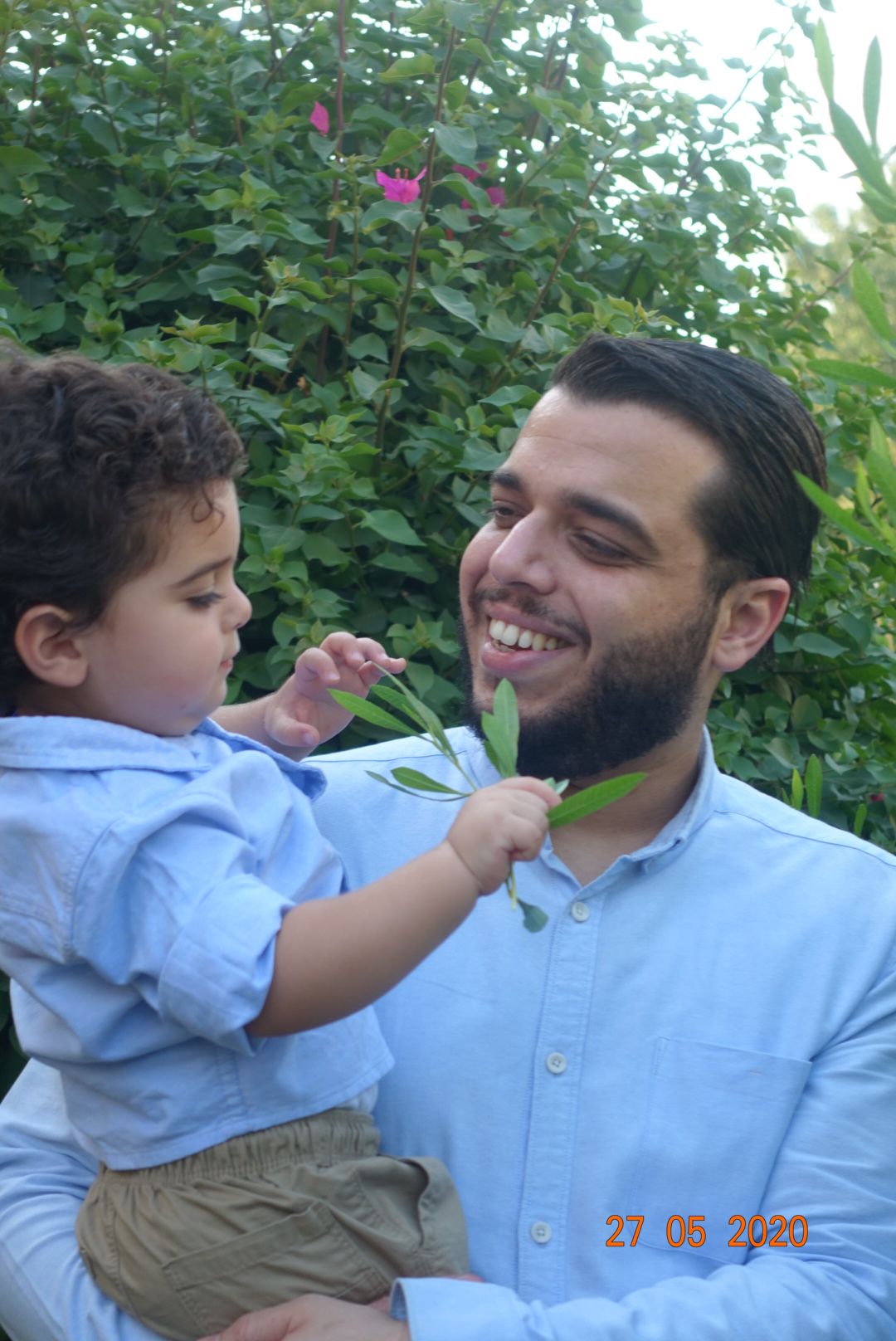
Ibhais refused, and repeated his request for a lawyer. Then one of the CID officers shouted: “We will keep you here for six months and nobody will know where you are.”
Now Ibhais got really scared. He feared for his family. He couldn’t bear the thought of his wife and children not knowing where he was, whether he was dead or alive.
“At this point I was willing to sign anything the CID officers would present to me,” says Ibhais.
Just a few minutes later, one of the CID officers returned with three or four pages of a printed confession in Arabic. The confession stated that Ibhais had awarded a social media tender to a Turkish bidder in return for Turkish citizenship. Ibhais is a Jordanian, but his family’s Palestinian origins make him – like many others – vulnerable to arbitrary withdrawals of Jordanian nationality. He tried to tell the officer that the confession made no sense because the SC hadn’t accepted any bids and he had been a part of the team that had made this decision. Ibhais has provided Josimar and other groups involved in his case with internal communications that show he was part of the tender group that refused to pass any of the submitted bids for the tender in question.
‘Do you think you are in an American movie?’
After signing the confession, the police officers drove him home. But instead of leaving him there, they ordered him to sign a consent form to search his house. They made sure his wife and children were in an upstairs room, while the officers entered the house and confiscated phones, laptops, tablets and other items. Then they drove him back to the CID offices where he was placed in a 6x4m cell with 12-14 other detainees. The next morning, on 13 November, police officers escorted him from the cell to see the public prosecutor. But unlike other detainees, they took him to the state security prosecutor. He was left alone and handcuffed for several hours, until 2:30pm when he was taken to a room by three men. Abdullah Ibhais again asked for a lawyer to be present. One of the men then said: “Do you think you are in an American movie? This is state security. You answer yes or no, and that’s it.”
What was prison like? It’s like the rest of Qatar, it’s segregated which means one rule for the Qataris, and another rule for the rest of us
They also refused his request to call his wife. The state security prosecutor read out the confession he had signed at the CID the previous day and asked him if it was his. Ibhais said yes, but that he only signed it because he had been under pressure to do so. Now the state security prosecutor suddenly said there were further charges against him. In addition to “misusing public funds”, he was accused of “leaking defence secrets” and “colluding with his secretary to commit a crime”. One of the men present told Ibhais that if he cooperated he would be removed from state security and taken somewhere where he could get a lawyer and defend himself.
“I was horrified by the possibility of a state security prosecution. I thought I was in real danger of a charge that could lead to life imprisonment or the death penalty,” says Ibhais.
On 21 November, after nine days of detention, his wife was able to arrange for a lawyer to see him. A judge ordered his release on 19 December, and two days later he was reunited with his wife and children.
“What was prison like? It’s like the rest of Qatar, it’s segregated which means one rule for the Qataris, and another rule for the rest of us. I, along with the majority of the prisoners, could have two phone calls a week, lasting a maximum 10 minutes. But the Qataris had access to their phones and other amenities 24/7. They could even order takeaway from the best restaurants in Doha.”
The ‘trial’
On 6 October 2021 Human Rights Watch and FairSquare released a joint statement about the case of Ibhais. “Qatari authorities appear to have robbed Abdullah Ibhais of his right to a fair trial in proceedings that raise serious concerns about Qatar’s justice system. The authorities should immediately investigate allegations that his confession was coerced and whether the Supreme Committee used the justice system to retaliate against an employee for internal criticism,” said Michael Page, deputy Middle East director of Human Rights Watch.
The court case started on 19 January in 2021. Nine of Ibhais’ former colleagues at SC were to present witness testimonies, including Fatima Al-Nuaimi, his former boss and Khalid Al-Kubaisi, the SC’s chief of advisory unit and special projects, who was the man who informed Abhais about the internal investigation into the process of a tender for Arabic social media services, an investigation he himself was responsible for.
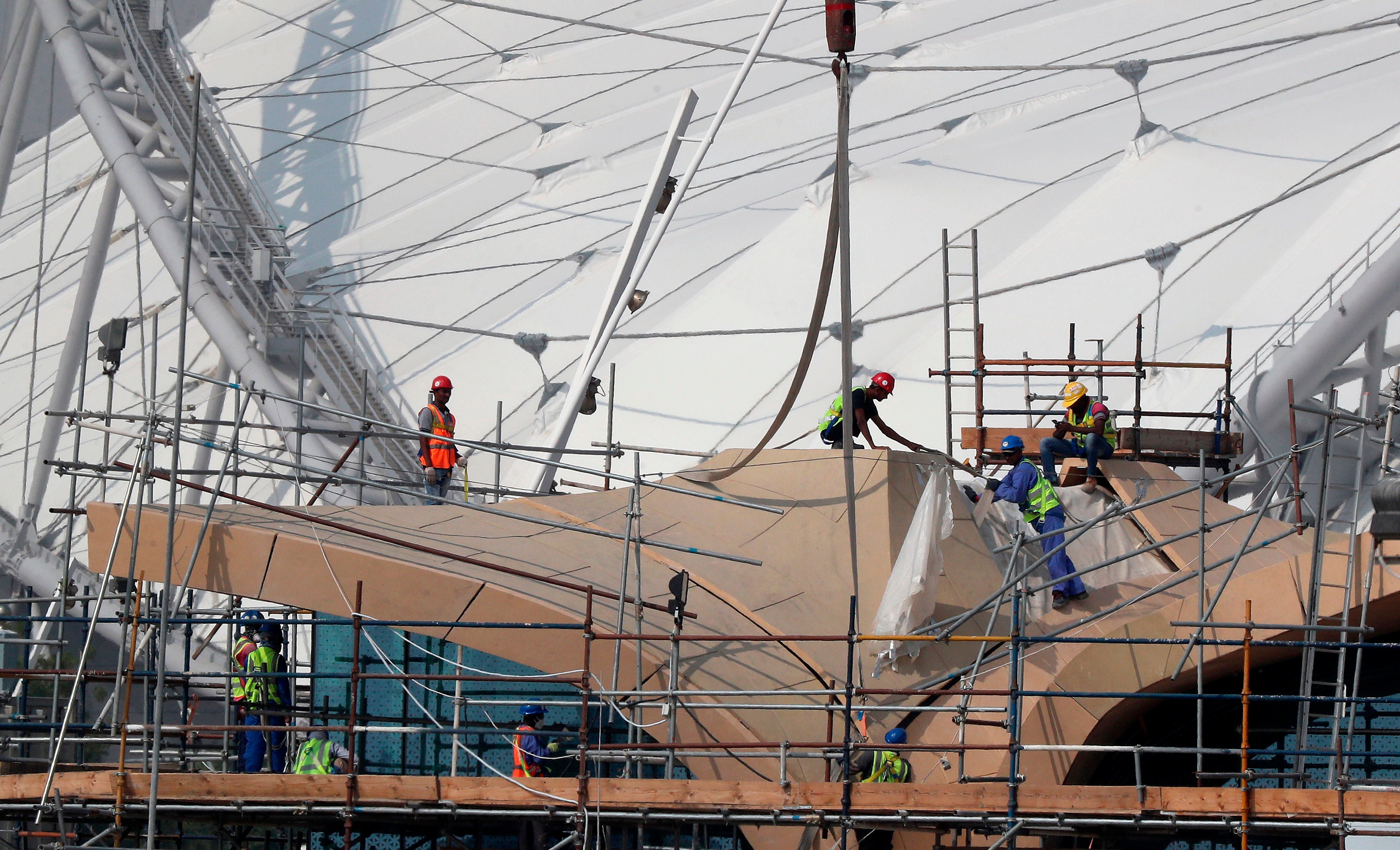
Human Rights Watch and FairSquare examined the court judgment and testimony by four witnesses and other case documents. The judgment indicates that Ibhais’ confession was central to his conviction of “bribery”, “violation of the integrity of tenders and profits”, and “intentional damage to public funds”, for which he received a five-year prison sentence and a fine of 150,000 Qatari riyals (£31,000) on 29 April.
The court ignored the defendant’s allegations that CID officers denied him access to legal counsel during his interrogation and coerced him into signing this confession. His lawyer argued in court the coerced confession should be thrown out.
The analysis of the court documents and testimony suggests that the rest of the evidence against Ibhais is, according to Human Rights Watch, “vague, circumstantial, and in some cases contradictory”.
Whereas the court’s judgment states that Ibhais and his co-defendant intended to “award the tender” to a bidder in return for a bribe, three of the witnesses told the court that it was not in Ibhais’ power to do so and described a series of institutional processes that would have made it impossible for him to decisively influence a tender decision. As the court itself recognises, the tender was not awarded to the company to whom it is alleged Ibhais offered a bribe. One witness’s testimony actually appears to exonerate Ibhais of any wrongdoing and describes his work with the Supreme Committee as “perfect”.
The court said it has full discretion “to decide whether a confession is valid or not at any stage of the investigations” regardless of whether the accused recants the confession in court. The court stated that it was assured of the authenticity of the confession and that it was made voluntarily.
“First I thought the justice system would never accept the blackmail I was subjected to by the police and state security,” says Ibhais, “but as the case went on I started realising that no one was willing to hear me out. This became evident when the judge stopped listening to witnesses and denied me the right of defence. The sentence confirmed all my fears as it was completely detached from reality and adopted the SC narrative to a tee. Now I’m not optimistic at all and the way things are going it seems that the SC has the upper hand.”
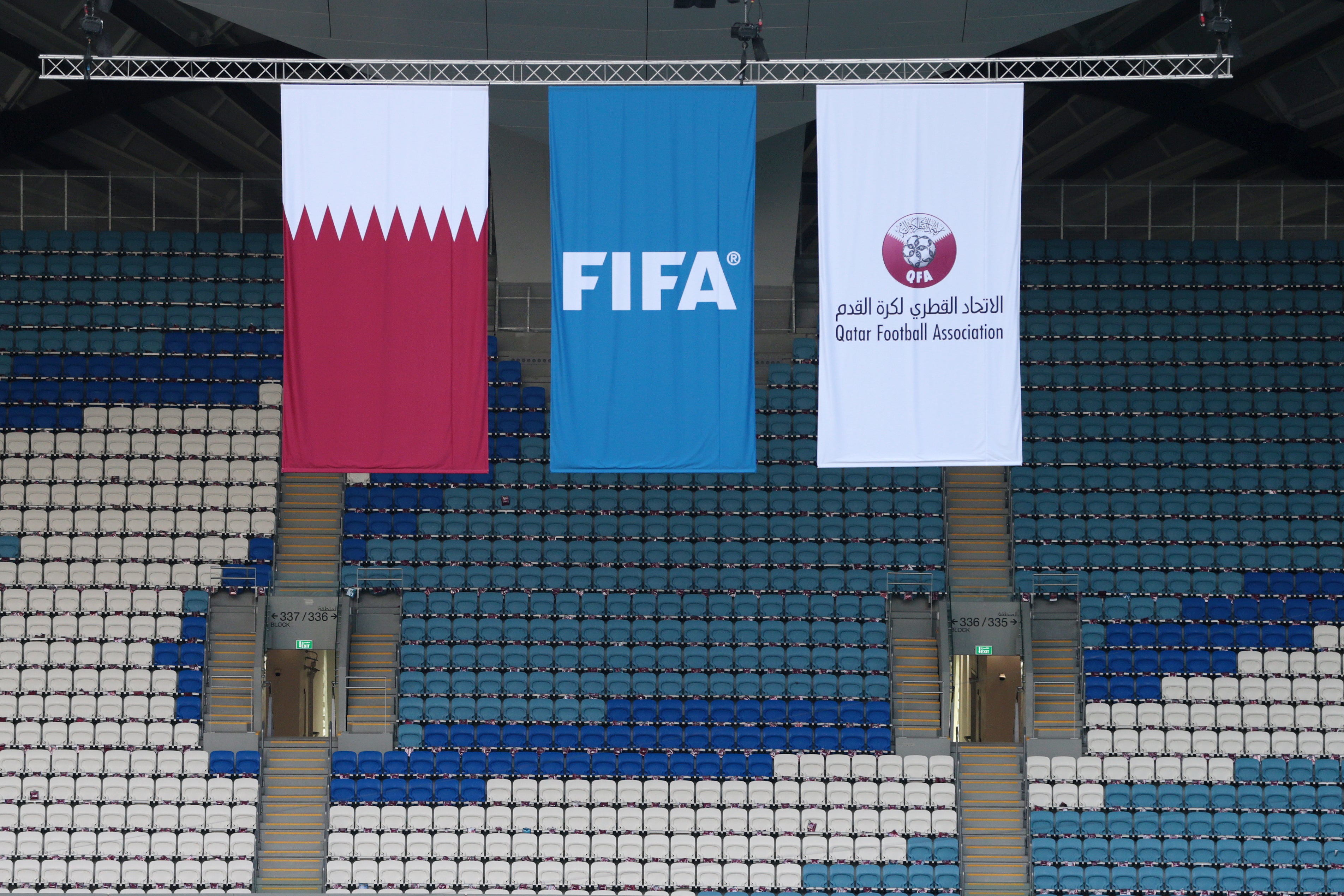
He has sent emails to international football associations in England, Germany and Norway, and to trade unions who cooperate with the Qatari governments, to the International Labour Organisation, to Fifa-sponsors, and to Fifa itself, to no avail.
“The international trade union movement has developed strong relations with the Qatari Supreme Committee and, at the very least, they should be publicly supporting calls for him to receive a fair trial,” says Nicholas McGeehan, founding director at FairSquare. “Whistleblowers involved in workers’ rights issues would normally be able to rely on the public support of trade unions, so their silence thus far is concerning.”
Ibhais’ allegations are consistent with the findings of the UN Working Group on Arbitrary Detention, which visited Qatar in 2019. It noted that it had received “credible allegations of prolonged detention without judicial control and of ill-treatment” at state security detention facilities, which Qatar prevented it from visiting. Human rights organisations have previously documented instances in which confessions have been extracted through torture and ill-treatment in Qatari detention.
The mistrial of Abdullah Ibhais is certainly not a unique one. We have documented several cases where there have been clear lacks of due process procedures
There has not been much international scrutiny on the justice system in Qatar. We reached out to Dr Elina Steinerte from Latvia, who vice-chaired the UN Working Group on Arbitrary Detention (WGAD) in Qatar. In an email to Josimar, she wrote:
“I am sorry but my position as chair rapporteur of the WGAD prevents me from being able to answer the questions you pose. I regret that I cannot be of further assistance, but I am sure you understand the reasons for this.”
Hiba Zayadin is a researcher in the Middle East and North Africa Division, investigating human rights abuses in the Arab Gulf states for Human Rights Watch. Asked if Ibhais got a fair trial, she said:
“Not at all. The court dismissed several due process procedures. Abdullah didn’t have a lawyer present when interrogated by the police. The court ignored credible allegations that his confession, the basis of the prosecution’s case, was coerced. Ibhais told us he believes the charges were in retaliation for his criticism of the handling of a workers’ strike in August 2019 and he has provided evidence of his efforts to ensure the SC adhered to its commitment to worker welfare and of the tensions that caused.”
Does the Qatari legal system pose a threat to visiting World Cup supporters that for some reason end up in the Qatari justice system? Will they face a fair trial?
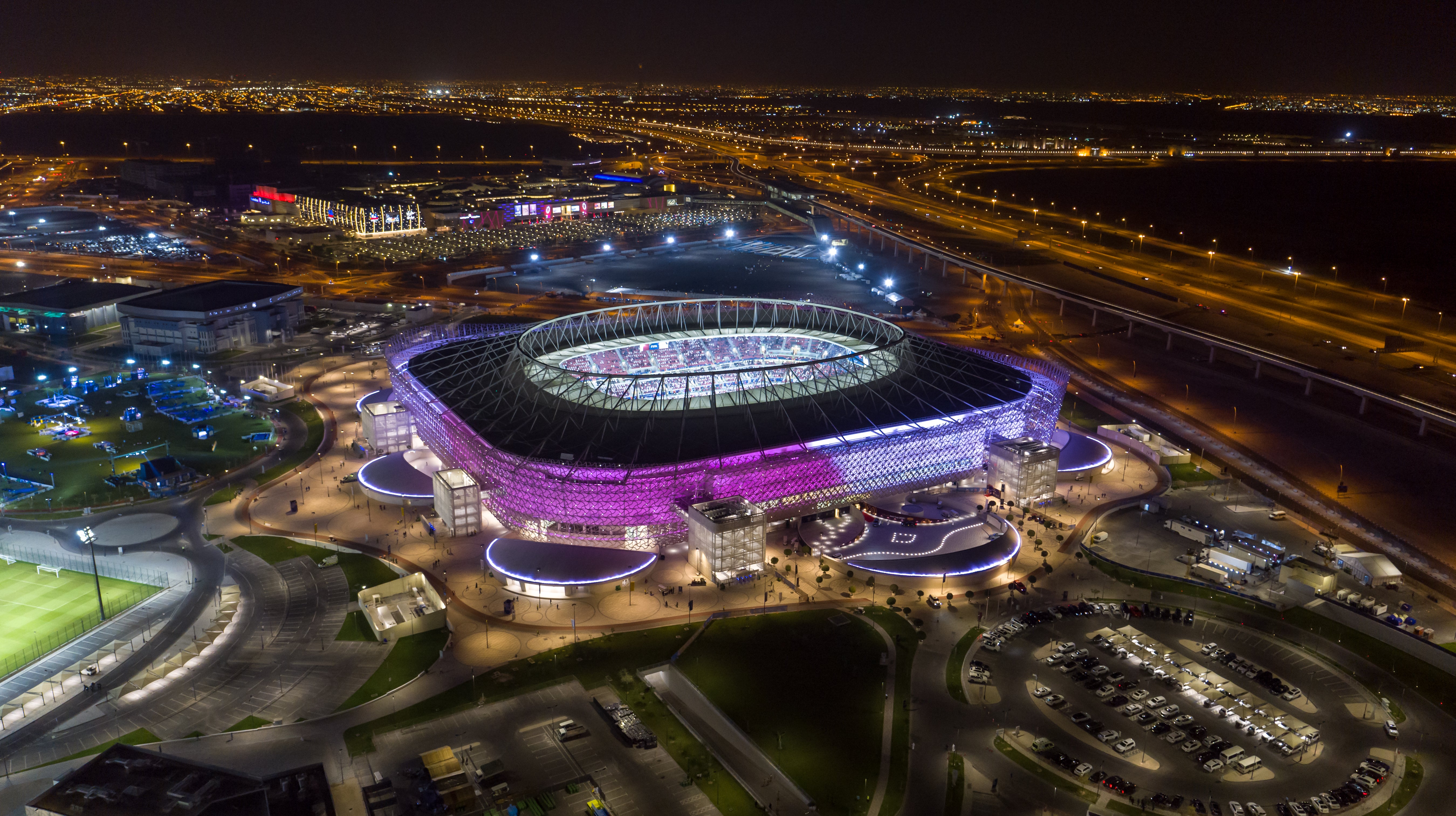
“The mistrial of Abdullah Ibhais is certainly not a unique one. We have documented several cases where there have been clear lacks of due process procedures,” Zayadin says, “like having a lawyer to represent you while under interrogation and the courts’ failure to credibly investigate detainee’s allegations of forced and coerced confessions.”
Ibhais will face the court again this week. What do you expect to happen?
“We urge the judge to investigate Abdullah’s allegations of ill treatment in detention, to look closely into the evidence presented against him in court and to examine the previous court’s reasoning for refusing to investigate the allegations. Ibhais deserves a fair trial.”
Josimar sent several questions to the Supreme Committee, which issued the following statement:
“The SC does not and cannot interfere or influence cases under the jurisdiction of the Public Prosecutor or other relevant legal authorities. The allegations stated by Mr Ibhais against the SC are absurd, baseless, and entirely false.”
Hassan Al Thawadi, the Secretary General of the SC, has for a long time been vocal about the progress regarding workers’ and human rights in Qatar. “The strong belief we have is that everybody living in Qatar or contributing to the development of Qatar is treated with dignity. Their health and safety is of the utmost concern to us,” he told Reuters in June 2021.




Join our commenting forum
Join thought-provoking conversations, follow other Independent readers and see their replies
Comments